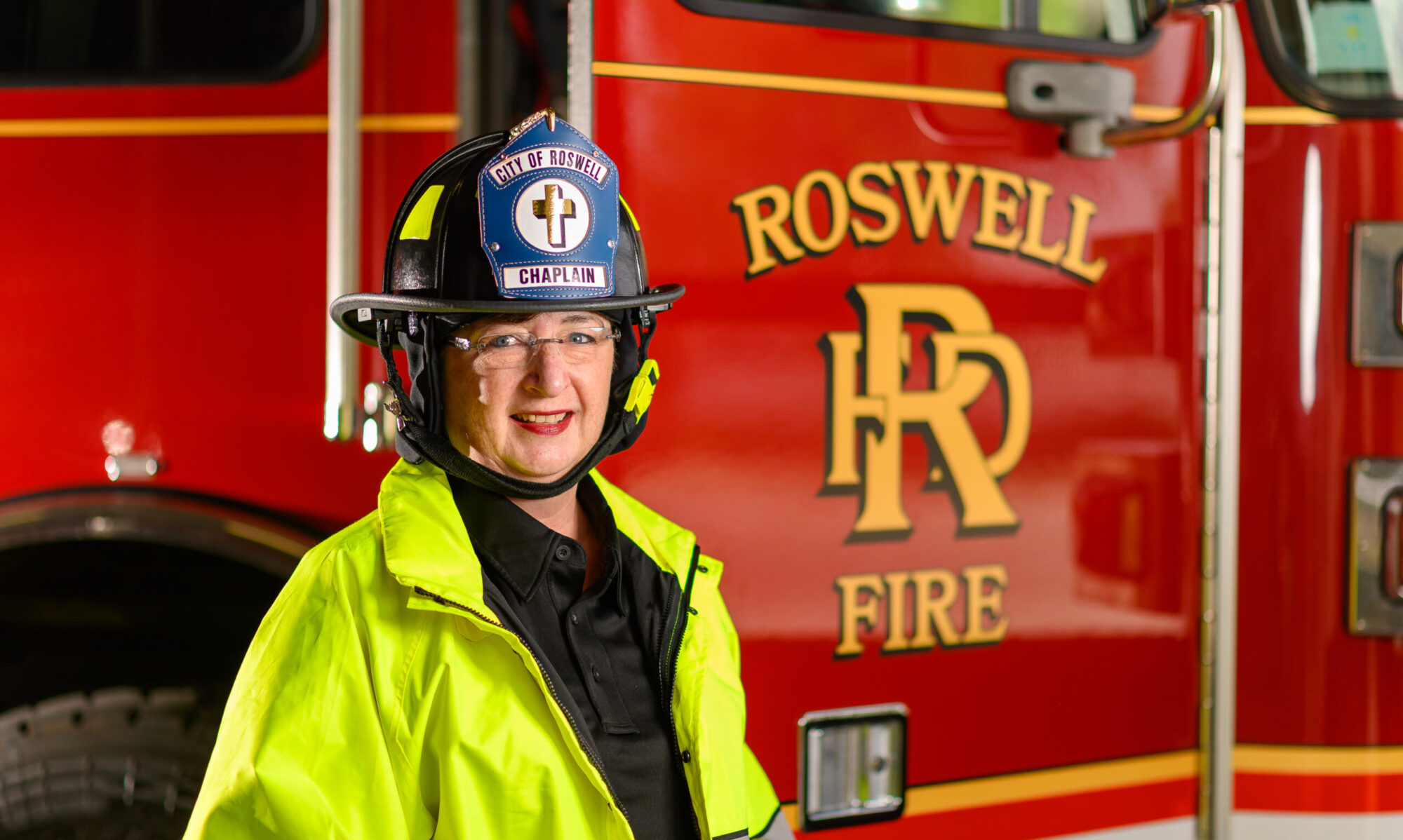A recent article in the Free Beacon caused an uproar among cadets and graduates of senior military colleges. The author of the article wrote about the practice at VMI of offering exam time stress relief activities. One of the activities open to the students is the use of coloring books. The idea that future military officers would be encouraged to use a typical childhood activity was offensive to many who read the article. Social media lit up the day the article was published and days later it si still being discussed.
As a former chaplain resident at the Atlanta VA Medical Center I found the negative comments around this activity offensive. Art therapy is a recognized modality to help veterans who have a diagnosis of Post Traumatic stress disorder and related anxiety issues. Coloring sheets were readily available and used by the veterans on the psychiatric floor.
In July 2016 Jeremy Ramirez, BS, MPH-C wrote, A review of Art Therapy Among Military Service Members and Veterans with Post-Traumatic Stress Disorder for the Journal of Military and Veterans’ Health Volume 24 No. 2 His conclusion after reviewing the various modalities to help veterans including Cognitive Behavior Therapy (CBT) is:
Challenges of military service should be met with a supportive culture that is open to implementing art therapy as a treatment modality in addition to current evidence-based practices. This review suggests that if current service members and veterans were placed into art therapy programs as early as possible after being diagnosed with PTSD, they would be at less risk for developing greater PTSD symptom severity. The preferred method of treatment for patients with PTSD receiving care in the VA healthcare system is CBT, however, since CBT is effective in treating only two of the three symptom clusters, it is an incomplete care package. Given the effectiveness art therapy has in treating the third symptom cluster, it is not meant to replace CBT, but rather it is meant to be offered in addition to CBT in order to produce a more comprehensive care package for past and present service members with PTSD.
I have to wonder why anyone would object to future military officers learning proven techniques to help deal with stress which could eventually help lower the astronomical suicide rate of our veterans. Physical activities like push ups (#22PushUpChallenge) are acceptable but other methods to raise the awareness and/or to teach stress relief are put down. To help prevent suicides early lessons in stress relief a destigmatizing getting help are key.
Putting down efforts to help with stress only adds to the negative stigma already prevalent for mental health issues.
I think I’ll go color now. . .
